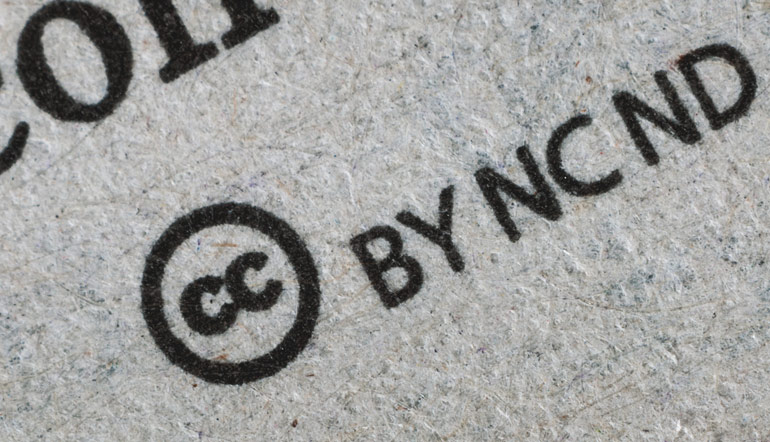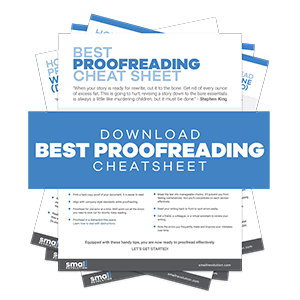Pharrell Williams and Robin Thicke took a hit when the court verdict decided $7.4 million was a sufficient fine for the damages they’d caused Marvin Gayes’ family. Their chart-topper, Blurred Lines, had allegedly been a result of plagiarism.
This led to a debate on the boundaries of creativity in music.
When it comes to online content, the lines are not that blurred. The rule is actually pretty clear: Do not plagiarise.
This means, do not pass off someone else’s intellectual property as your own, without their consent or proper acknowledgment.
I think that the line between ‘inspiration’ and ‘plagiarism’ is often so thin that you risk falling into the latter one.
Ivan Tverdovsky
Remember this: you are not reinventing the wheel. Others before you have done it and reserved their ideas to push you to even better ones.
The web as we know it is a wealth of information which is mostly:
- Unoriginal and uninspired
- Doesn’t present new concepts and perspectives
- Has led to severe consequences on those who attempt to replicate it
What does this say about the information on the web?
Let’s find out.
Truth #1 – Plagiarism is Common in Online Content
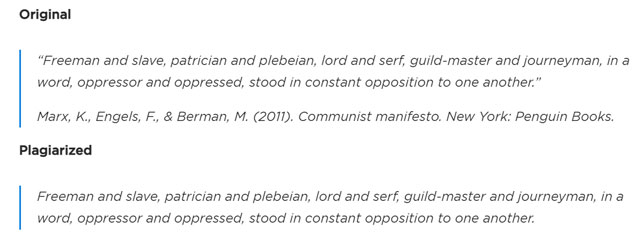
Think about the many times you’ve done this: Typed in a search query on Google, and pressed enter.
The result: Doppelganger content from one website to another. The only difference is the heading’s structure and content wording.
Instances where Online Content is Plagiarised
Popular SEO tools are instrumental in the increased rate of unoriginal blog content.
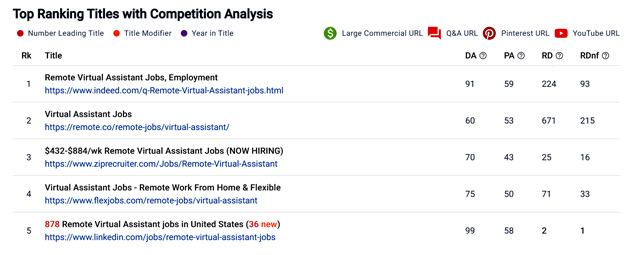
Think about it: When weak writers, for instance, are encouraged to cover the topics discussed on the top results of a given query, they will most likely use the first four search results as their primary sources of information.
Just borrowing ideas and replicating them without much thought.
It goes beyond that when:
- Bloggers rely on paraphrasing tools to do most of the writing for them.
- Content creators use ‘stolen’ images and videos for visual engagement.
- Website content includes testimonials without proper attribution.
- Students use ideas from online sources without proper citation and referencing.
Causes of Plagiarism in Online Content
High school literature ingrained in us the ability to look beyond the surface when dealing with information.
It’s evident from the content that is continuously churned out on the web that the message didn’t quite get across.
Perhaps this is why:
- Copy, QuillBot, Paste: It can’t get easier than this.
- Lack of proper knowledge on how to cite sources.
- Crazy workloads with crazy deadlines.
Truth #2 – The Most Common Plagiarized Sources
Academic Sources
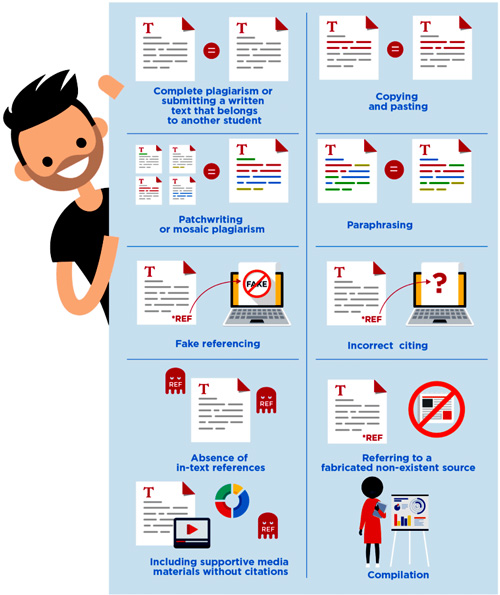
According to ICAI, out of 840 students in 5 institutions of higher learning, 13% of the whole and 15% of undergraduates admitted to plagiarism. 58% of 70,000 high school students also admitted to the same.
In the heat of getting the assignment done, a good number of students have academic integrity as the last thing on their minds.
Journal articles and online research sources are useful foundational knowledge for students to build on arguments, provided they give credit where it is due.
Consequence: Grade penalties, an automatic fail on that course, or even expulsion.
Online Sources
High-ranking blog posts have a reputation for inspiring duplicate content in poorly performing websites. This is because they have:
- Long form value-packed content with sufficient depth and detail of ideas.
- Google’s trust and preference.
- A well-designed and functional website.
Unoriginal work in media content even surpasses academic dishonesty. Reporters usually acquire information under pressure and have to rely on other mass media.
Media companies have strict policies against plagiarised work, it’s their reputation at stake.
Consequence: When a journalist uses information in an unethical way, they risk unemployment and legal action.
Truth #3 – The Consequences of Plagiarism for Bloggers

Legal Consequences of Plagiarism
Your blog is doing well. You’ve gained a healthy number of subscribers, the comments are flowing in and you’re finally starting to connect with your readers. Things can only get better from there.
An email notification stops you in your tracks, it’s a legal summons owing to copyright infringement in your content.
Didn’t see that coming, did you?
J. K. Rowling suffered the same fate. She was accused of plagiarising a part of Adrian Jacobs’ ‘The Adventures of Willy the Wizard’ when writing one of her widely adored Harry Potter series.
According to plagiarism.org, you can suffer a fine of $100 to $50,000 and a jaill term of upto 1 year, depending on the severity of the copyright infringement.
Expert tip: Stay away from plagiarism, hefty sums of money are at stake.
Declined Blog Credibility and Reputation
Even if you’re a natural, creating killer content is not easy. After all, good writing is good thinking, not good paraphrasing.
Your blog’s reputation suffers if your readers cannot rely on you for original insights.
Plagiarism can only lead to:
- Your audience feeling deceived and losing faith in your content.
- Your brand being identified as a source of generic information; say goodbye to Google ranking.
- Being perceived as lazy; you won’t even put the effort to add value to your content.
Financial Consequences of Plagiarism
If you’re lucky enough to survive the fine in case of a lawsuit, chances are; you’ll still struggle to monetize your blog.
Why:
- Your content isn’t getting sufficient views: Google values originality and penalizes content that doesn’t qualify as such.
- If your readers don’t trust your message, why would they click on your affiliate links?
It’s even worse for the economy when plagiarism is spotted even in prestigious institutions of higher learning.
The job market gets flooded with fancy degrees from incompetent individuals who cannot contribute to economic growth.
You can easily escape such unpleasant outcomes by instead dedicating time into learning the right ways to produce your content. Our courses contain a wealth of information to help you achieve that.
Truth #4 – Plagiarism Can Impact Search Engine Rankings
People have gotten smarter in their plagiarism attempts; think QuillBot to be exact.
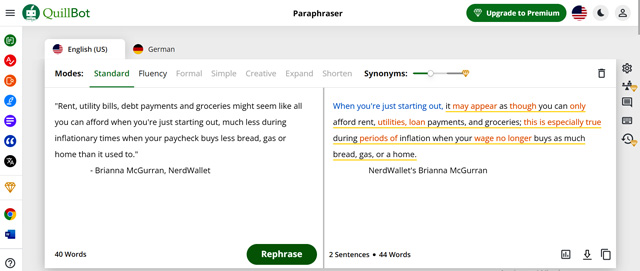
However, search engines won’t have it.
This is what they do; let’s use Google to demonstrate:
- Crawls your website and scans the content you’ve published.
- Indexes the pages to understand what their contents are all about.
- Ranks your site in search results based on metrics such as the quality of your articles.
If Google detects unoriginal content, usually more than 10%, then that content is pushed to sulk in the furthest end of search engine rankings.
It’s important for you to understand this: Google sometimes ranks copied content higher than the original. It all comes down to the overall quality of the website.
But even if we know which one is the original and which one is copied, sometimes it makes sense to show a copy in the search results
John Mueller, Google’s Search Advocate
If the original content is hosted on a low-quality website, Google can not trust it and therefore gives preference to a more credible site of higher quality.
You benefit more from your original ideas if you showcase them in a manner that search engines find ‘impressive’.
How You Can Avoid Plagiarism to Achieve SEO Glory
- Start by fixing your website.
- Remember to cite your sources and give proper credit where necessary.
- Run your content through online tools for plagiarism detection.
- Try to write original content; you can use your wealth of experience in a given subject.
Google loves value-packed content. But this is nothing to agonize over; we have a library of articles that will turn you into the Michael Jordan of the writing game.
Truth #5: It’s Easy to Avoid Plagiarism
Two people are told to explain the meaning of this simple sentence: I saw her duck
Person 1 says: It’s witnessing someone physically shift to avoid the impact of an object.
Person 2 says: It’s identifying a duck which is a bird, as belonging to someone you know.
Both answers are correct.
The point is; the key to avoiding plagiarism for good in most cases is realizing that information is subject to different interpretations.
You can take original information, analyze it and give it new meaning based on your own extensive knowledge and experience.
People have different ways of looking at things, ask yourself questions such as:
- What did the original source fail to mention?
- What does this information mean in x context?
- What would (subject matter expert) have to say about this?
You can use these as building blocks to come up with ‘other side of the equation’ information that your readers are eager to hear.
Tools and Resources for Checking Plagiarism
We have compiled a detailed list of the best plagiarism tools and resources that are widely used to check and rectify unoriginal content, some of them are:
| Tools | Category | Features |
| Copyscape | Web Pages | Paid, batch search, check for duplicate images |
| SmallSEOTools | Web Pages | Free, multiple doc formats and languages |
| Grammarly | Web Pages | Paid, writing assistant |
| Turnitin | Academic Content | Paid, vast database of papers and online sources |
| EduBirdie | Academic Content | Free, essay writing service |
Purdue Online Writing Lab is a resource that will give you perspective into the different strategies commonly used for plagiarism prevention.
What Plagiarism Statistics Reveal About Society
The numbers don’t lie, plagiarism is a real plague.
People consistently undermine their integrity and choose to be dishonest, even when the consequences are unforgiving.
Perhaps we should dig deeper, what could be the root cause?
- Societal pressures; they push even the best of us into actions that prove to be detrimental. Your degree can even be revoked.
- A culture that values success more than integrity; the result matters more than the means you used to achieve it.
- International students seem to have insufficient knowledge about academic integrity.
That said, if you are unaware how to position yourself to do your best work without relying too heavily on others, we made this gem just for you.

